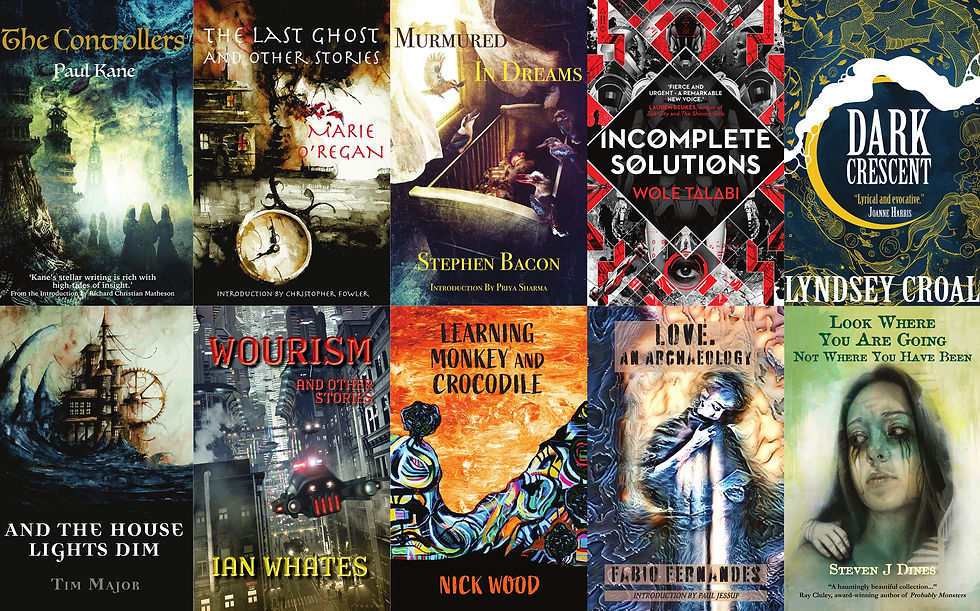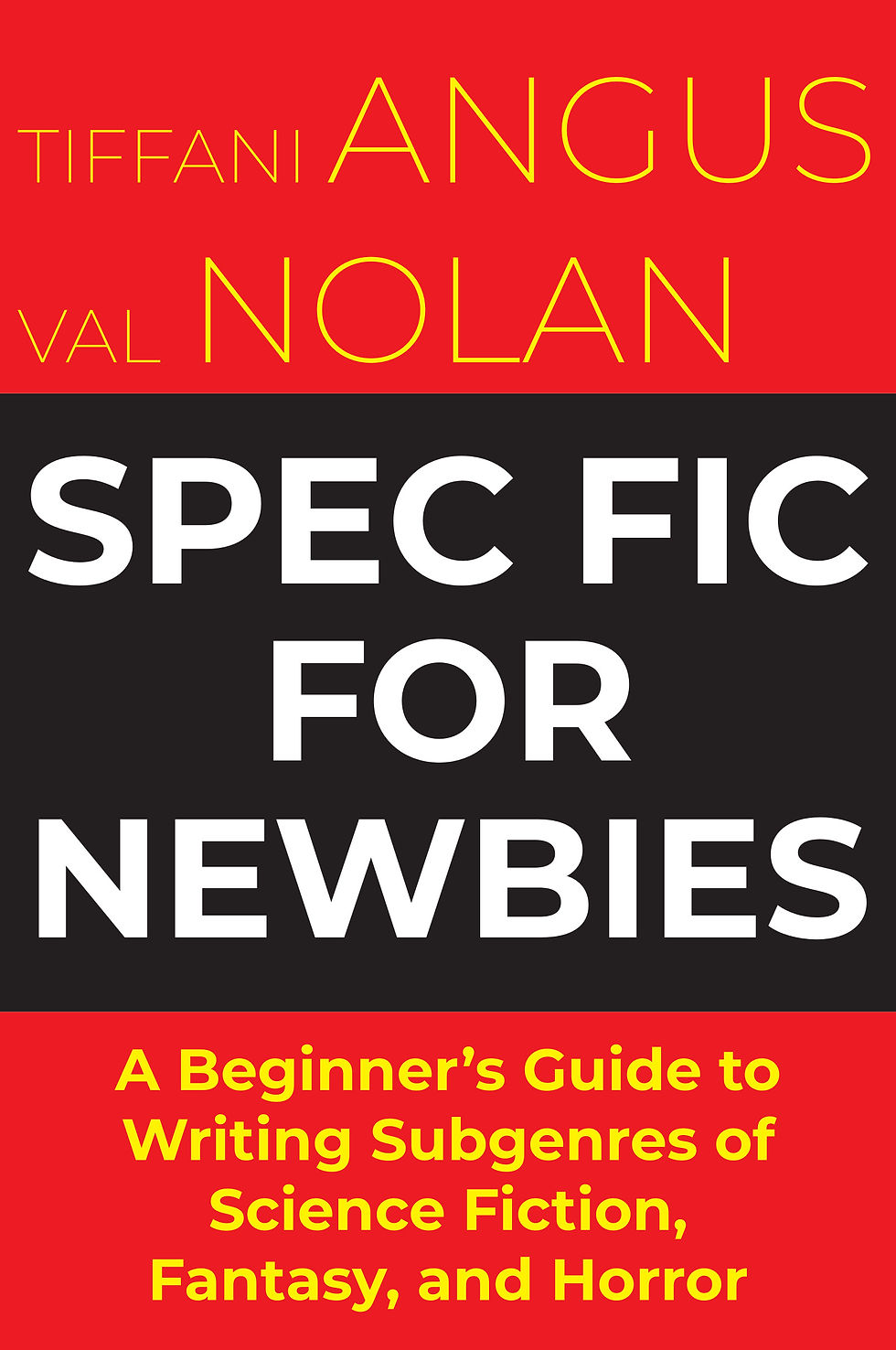Release Date 27 July 2021.
Ebook available through the usual Online Retailers.
Winner of the British Science Fiction Awards
Shortlisted for the British Fantasy Society Awards
Worlds Apart: Worldbuilding in Fantasy and Science Fiction is the fifth Call for Papers of Academia Lunare, the non-fiction arm of Luna Press Publishing.
The papers focus on the theme of worldbuilding in fantasy and science fiction, in all its forms, in different media.
Featuring:
Ricardo Victoria-Uribe and Martha Elba González- Alcaraz "No elf is an island. Understanding worldbuilding through system thinking"
Allen Stroud: "Fragmented Worlds: Glimpse Morsels for the Imagination"
Sarah McPherson: "Relationships with the Land in SFF: Landscape as Identity, Mentor or Antagonist"
Sébastien Doubinsky: "Freedom Is Slavery - The socio-political implications of world building in speculative fiction"
Cheryl Morgan: "Worldbuilding with Sex and Gender"
Peter Garrett: "Town Planning in Viriconium: M John Harrison and Worldbuilding"
Eugen Bacon: "World building in Ngũgĩ wa Thiong’o’s The Perfect Nine: The Epic of Gĩkũyũ and Mũmbi"
Octavia Cade: "Environmental Changes as Catalyst for Worldbuilding in Ursula K. Le Guin’s Always Coming Home"
Enrico Spadaro: "Tolkien: When worlds are built within dreams"
Tatiana Fajardo: "Patrick McGrath’s Ghastly New York: The Perfect Decaying Cityscape for Restless Minds"
Claire Burgess: "The Book of Copper and the Anvil of Death: Gothic Elements of William Blake’s Creation Myth"
Ellen Forget: "Canada’s Fantasy Worlds: Exploring Worldbuilding in Urban Fantasy"
Kevin Cooney: "Above the Level of the Everyday: The Estranging and Familiar Worlds of Simon Stålenhag"
Jyrki Korpua: "The Nordic countries in Worldbuilding: Frozen and Frozen II"
Rachel Jones: "Criminal Cityscapes: Christopher Nolan’s Gotham"
Worlds Apart: Worldbuilding in Fantasy and Science Fiction
"The fifth call for papers by Academia Lunare—the non-fiction arm of Luna Press— Worlds Apart holds fifteen papers by a diversity of commentators. Tenured academics and fiction authors ponder how created or borrowed worlds affect mood, relationships and action.The papers define aspects of fantasy and sci-fi worldbuilding, offering insightful analyses.
For example, Sarah McPherson’s ‘Relationships with the Land’ shows how physical settings become additional characters in fantasy works, where protagonists interact with and embody the landscape of their adventures.In ‘Patrick McGrath’s Ghastly New York’, Tatiana Fajardo charts the social, political and artistic milieus of the historical time periods of McGrath’s ‘Manhattan Tales’. The influence of the gothic sensibilities of Poe and Irving and the psychological maps of Freud underpin McGrath’s fantasy worlds. This mix of the dark and the hidden makes for fascinating reading.Perhaps the most enjoyable paper is Cheryl Morgan’s ‘Worldbuilding with Sex and Gender’, which exhorts science fiction creatives to consider the multitudinous incarnations of gendered sexuality on Planet Earth. Before nonchalantly creating another bipedal, two-gendered, two-breasted species from outer space, suggests Morgan, take a good look at terrestrial mammals, reptiles, insects and arthropods. Their diversity will astound.
The collection contemplates multiple features of worldbuilding—landscape, culture, politics, language—in narrative fiction, but not how or whether worldbuilding in fantasy and sci-fi differs from worldbuilding in other genres such as romance or literary fiction.
This is not a book about how to build worlds fit for speculative fiction projects, but a theoretical commentary that identifies critical features of worldbuilding in speculative fiction. A valuable reference for students, researchers and authors, this petite volume is well worth the time of anyone interested in the production or consumption of fantasy and science fiction." Clare Rhoden - Aurealis #147






















